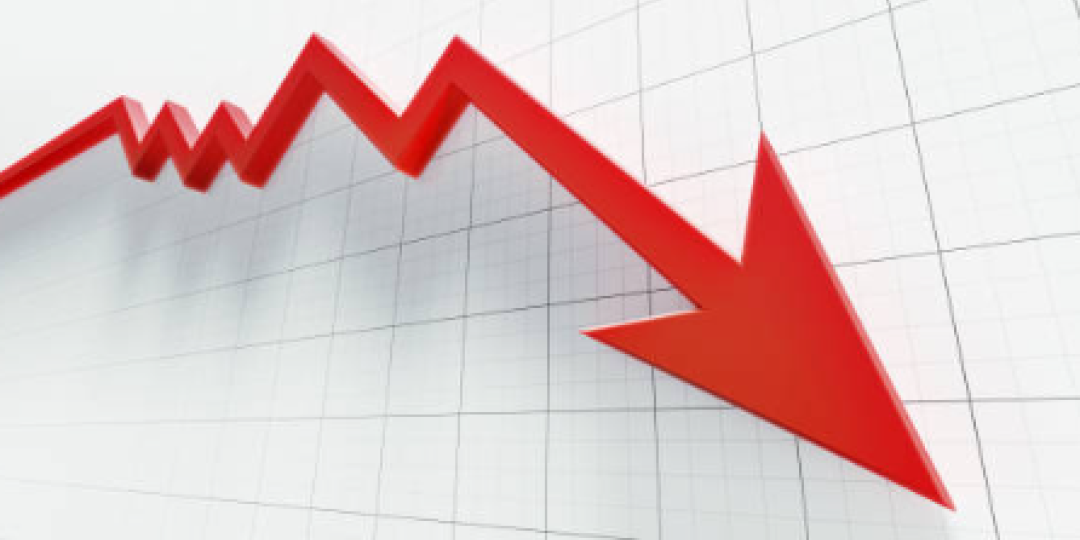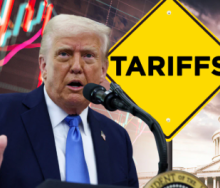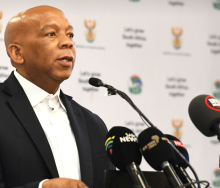The South African Reserve Bank (Sarb) has revised its inflation forecasts downwards due to faster-than-expected deflation driven by food and fuel.
This was announced in the Sarb’s biannual monetary policy review released this week, the Bureau for Economic Research (BER) noted. However, the BER pointed out that administrated prices remained a key concern for the bank, with Eskom’s hefty tariff increase application still to be decided by the National Energy Regulator (Nersa).
During the release of its policy review, the bank noted that it had to revise its inflation forecasts downwards due to faster-than-expected deflation, driven by food and fuel.
“As headline inflation eases, the bank is now focused on tracking the second-round effects of inflation, including core inflation and inflation expectations. The bank also flagged that the two-year ahead inflation expectation remains above its preferred target,” the BER said.
In addition, ongoing risks stem from volatile supply-side inflation, particularly from geopolitical factors affecting oil prices and domestic administered price pressures.
Sarb Governor Lesetja Kganyago, speaking at Stellenbosch University on Thursday, suggested that South Africa could adopt a lower inflation target with minimal cost.
He said aiming for a 4.5% midpoint had helped reduce inflation and interest rates with little impact on economic growth. A narrower inflation target aligned with other emerging markets would better anchor inflation expectations at lower levels, supporting the bank's long-term goals, he added.
Meanwhile, third-quarter GDP data from China released on Friday showed that the economy had expanded at its slowest pace in 18 months. On an annual basis, the economy grew by 4.6%, below the 4.7% recorded in the second quarter and the government's target of about 5% growth.
“Indicative of weak domestic demand, prices declined for a sixth consecutive quarter. Concerns about the weak growth have led authorities to announce a comprehensive stimulus package in recent weeks,” the BER said.
China pledged on Saturday to "significantly increase" debt to stimulate its slowing economy but left investors uncertain about the scale of the stimulus package.
Finance Minister Lan Foan announced measures to help local governments manage debt, support low-income individuals, and boost the property market and state banks. However, he did not specify the total amount of funding. This lack of detail has kept investors on edge as China's economy struggles with deflationary pressures and a weakened property market.
BER economists noted that the US dollar had surged to an 11-week high this week, driven by strong retail sales and lower-than-expected jobless claims, signalling a robust economy.
“The SA rand slipped against the stronger dollar. The local currency also lost ground to both the euro and the UK pound amid more risk-off sentiment, as seen in Euro Market bond yields and the gold price. Indeed, SA bond yields rose by 16 basis points,” the economists noted.













